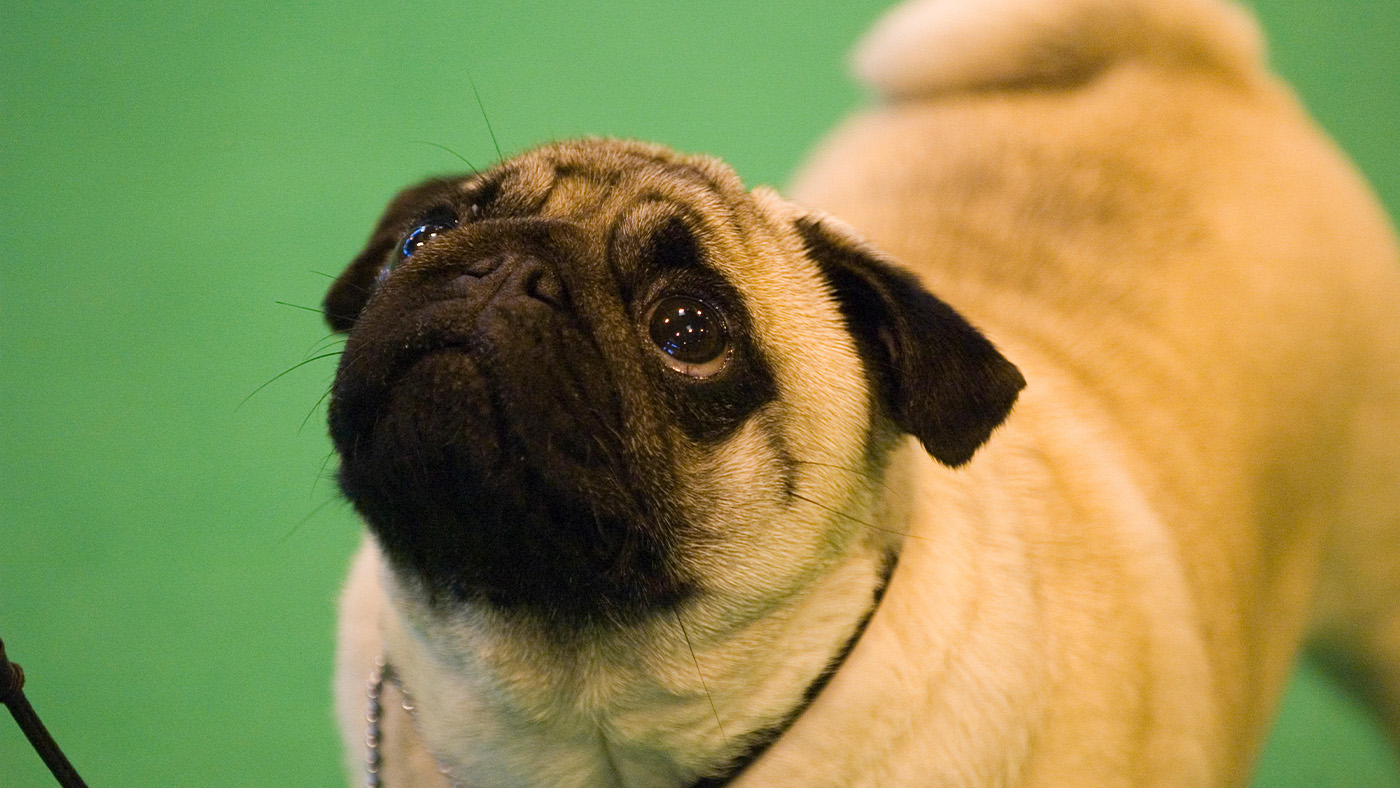There’s a vitamin that can be toxic to cats and dogs, and it really surprised us!
Ensure your pet doesn’t get too much of this nutrient

It’s important to give your pet the vitamins and nutrients they need to maintain good health, just as you would for yourself. However, of course, there can be too much of a good thing.
When you’re looking for the best dog food or shopping for your cat, you might be looking at the vitamins included. One vitamin you might see listed is vitamin D, but it’s important to be wary of your pet consuming too much of it.
According to Dr. Scott Miller, the resident vet with premium nutrition-led dog food brand Barking Heads, vitamin D3, or cholecalciferol, is toxic to pets – something that left us surprised.
“While vitamin D is essential for pets in small amounts,” begins Dr. Miller, “excessive intake, often from ingesting rodenticides, certain human medications, or large amounts of vitamin supplements can cause toxicity.”
Symptoms can often begin showing from 12–36 hours after your pet ingests the vitamin. Among the symptoms to look out for are the following:
- Vomiting and diarrhea
- Loss of appetite
- Increased drinking and urination
- Abdominal pain
- Depression
- Kidney failure
With severe poisoning, your pet may experience an increased respiratory rate, trouble breathing, intestinal bleeding, a slowed heart rate, and abnormal heart rhythms.
Ensure that you store any supplements, rodenticides, or other products containing vitamin D3 out of your pet’s reach. Avoid giving your pet any human medications that may contain it, too.
PetsRadar Newsletter
Get the best advice, tips and top tech for your beloved Pets
That said, vitamin D is still important for cats and dogs – particularly because they can’t get it from the sun in the same way we do. It helps maintain their health and well-being, improving the absorption of calcium in their intestines and the retention and bone deposition of calcium and phosphorous.
While it’s a good idea to find a quality pet food with safe amounts of vitamin D and the other nutrients your furry friend needs to stay healthy, you might be wondering if there are any ‘human’ foods that both contain vitamin D and are safe for pets.
With salmon and tuna both being good sources of vitamin D, you may wonder whether cats should eat fish. The good news is that cats can eat both, though tuna is better in small doses as it can have higher mercury levels. Fortunately, dogs don’t need to miss out, either, because they can also eat small amounts of fish as part of a healthy diet.
Other sources of vitamin D, like egg yolks and mushrooms, are also suitable for cats and dogs in small amounts – though only unseasoned store-bought mushrooms are safe, and wild ones should be avoided.
For more dietary advice, here are surprising things dogs can eat besides dog food, as well as foods that cats should never eat.

Adam is a freelance journalist specialising in pets, music and culture, and mental health and wellbeing. He investigates and writes the large majority of news on PetsRadar, and collaborates with veterinary experts to produce informative pet care content.
Adam has a journalism degree from Southampton Solent University and a masters degree in Magazine Journalism from Cardiff University. He was previously senior editor at dog advice website DogTime.com, and has also written for The Independent, GoodToKnow and Healthline.
He owns two rescue cats, Bunny and Dougie, and has also previously had a rabbit, fish and Roborovski dwarf hamsters.
